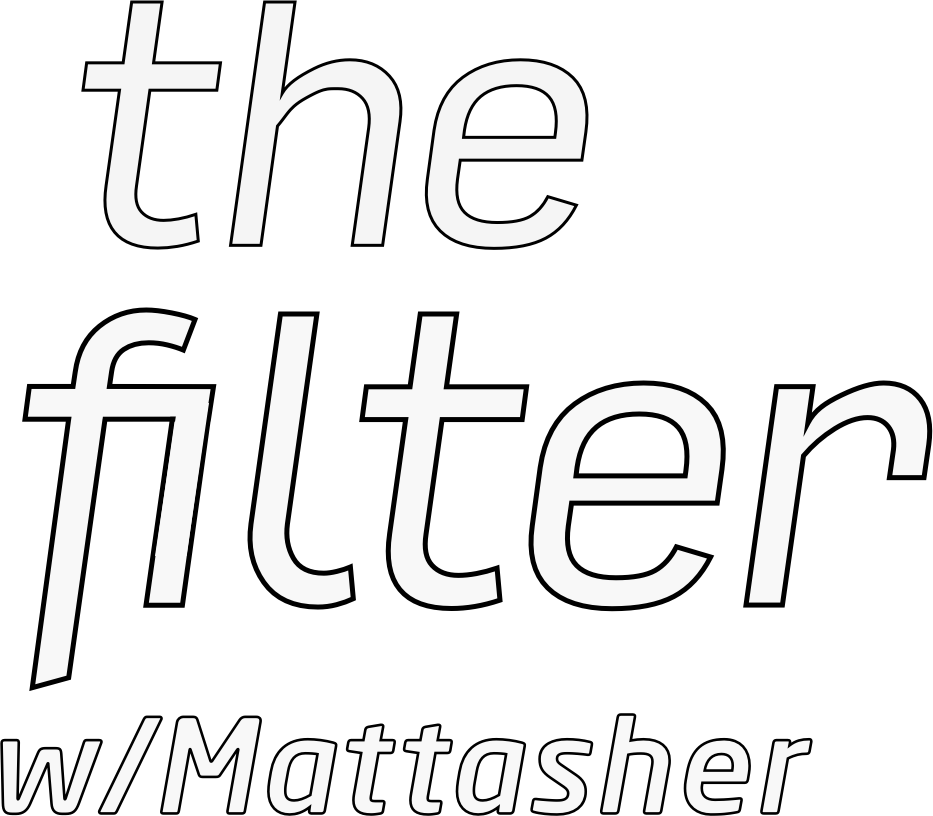That’s my first law of car infotainment panels, and of car electronics generally. I recently rented a Toyota Highlander, and among other helpful features that weren’t, the main info system decided it should update almost every time the car was started, prompting me with a “Install” or “Later” choice I had to deal with before I could access the stereo. Even worse (much worse!) was the “helpful” feature of adjusting the screen and dash brightness for me, apparently based on ambient light. A great idea (in someone’s mind), in practice whenever you drive in changing light conditions, like most commuting, or, to pick a completely random example that may have happened to me just now, a lovely morning trip for coffee on a windy, tree-lined road is interrupted every couple minutes as the screen and dash abruptly amps up the ambient light to 11, which, let me tell you, is neither a pleasant transition nor an easily ignored one.
Highly unfortunate, and completely pointless, as adjusting dash and screen brightness to ambient light is a solved problem. It can, and has, been done based on turning on headlights. I can also be done with a dial that lets you pick any brightness level you want, whenever you want. My second law of car infotainment systems, and car design in general? “Put the driver in control”. Let them make the decisions, including the decision of when to let the car make decisions for them.
